Trevor Francis
Trevor Francis is a Nottingham Forest legend with whom he created one of the biggest surprises in the history of football, winning the Champions League twice in a row.
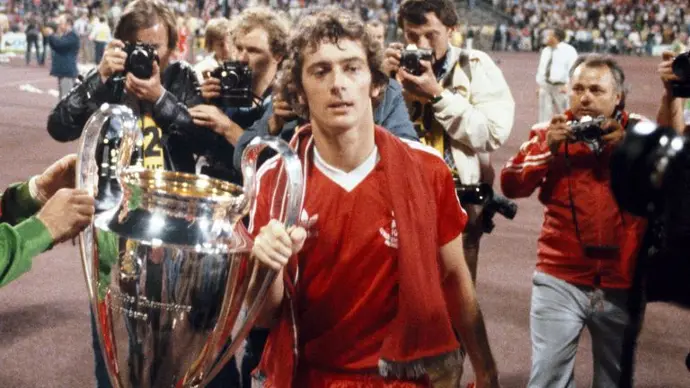
Trophies
Goals
Games
1971/79 Birmingham City (ENG) 319 games, 129 goals
(English Premier League: 219 games, 91 goals)
(English Premier League: 61 games, 28 goals)
(English Cup: 20 games, 6 goals)
(English League Cup: 19 games, 4 goals)
1978/79 Detroit Express (USA) (Loan) 33 games, 36 goals
1979/81 Nottingham Forest (ENG) 79 games, 32 goals
(English Premier League: 70 games, 28 goals)
(European Champion Clubs' Cup: 5 games, 4 goals)
(UEFA Super Cup: 3 games)
(Intercontinental Cup: 1 match)
1981/82 Manchester City (ENG) 26 matches, 12 goals
1982/86 Sampdoria Genoa (ITA) 105 matches, 31 goals
(Italian Championship: 68 matches, 17 goals)
(Italian Cup: 34 matches, 14 goals)
(Cup of Cup Winners: 3 matches)
1986/87 Atalanta (ITA) 30 matches, 3 goals
(Italian Championship: 21 matches, 1 goal)
(Italian Cup: 9 matches, 2 goals)
1987/88 Rangers (ECO) 18 matches
1988/90 Queens Park Rangers (ENG) 32 matches, 12 goals
1990/94 Sheffield Wednesday (ENG) 76 matches, 5 goals
With the National Team :
52 caps, 12 goals
(Friendly matches: 19 caps, 3 goals)
(World Cup qualifiers: 10 caps, 1 goal)
(World Cup: 5 caps, 2 goals)
(Euro qualifiers: 7 caps, 5 goals)
(British Home Championship: 10 caps, 1 goal)
(Rous Cup: 2 caps)
1st cap: 9 February 1977 against the Netherlands (0-2)
Last cap: 23 April 1986 against Scotland (2-1)
U21: 5 caps
U18: 10 caps, 4 goals
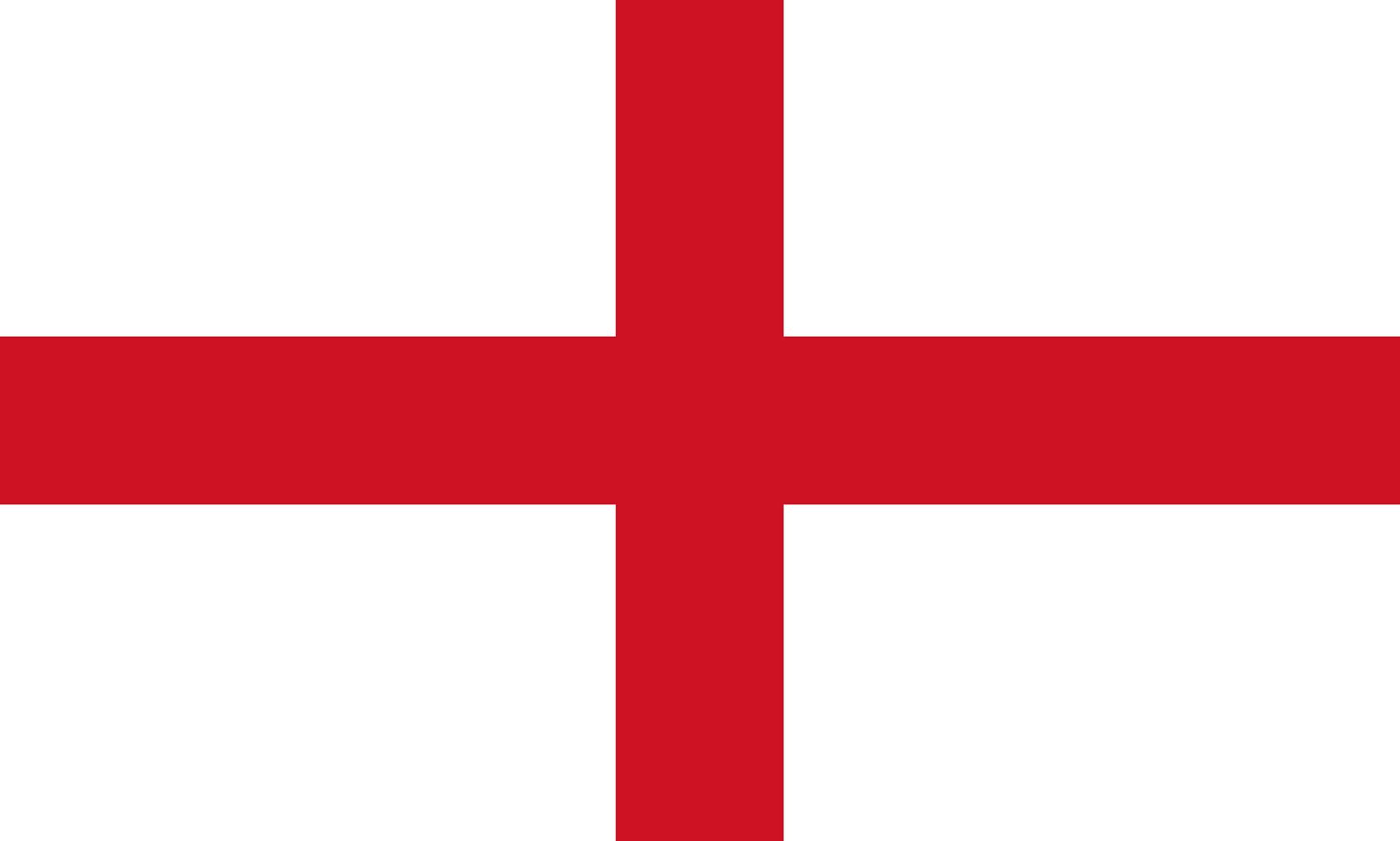
Trevor John Francis
Born April 19, 1954 in Plymouth (ENG)
Died July 24, 2023 in Marbella (ESP)
English, Striker, Second Striker, Right-winger, 1m78
Nickname: "Superboy"
The young English prodigy
Trevor Francis was born on April 19, 1954 in Plymouth, England. First playing football in his city, it was by joining Birmingham City that he obtained the status of professional footballer in a club in the English second division. At 16, he already made his debut with the club.
For his first season, he achieved an incredible performance, scoring 15 goals in 22 English second division matches. He immediately earned the nickname "Superboy" and the status of prodigy of English football. Agile, fast and lively, he would establish himself within the team and become one of the best players.
After promotion to the English Premier League in 1972, he decided to stay at the club until 1979. He surprised everyone by joining the NASL and Detroit Express, where he played 33 games and scored 36 goals. On artificial turf, the player scored goals and finished in the competition's starting eleven.
Mr. 1 Million Pounds
In February 1979, he returned to the country to play for Nottingham Forest, a club that was creating a sensation in England with its surprising and impressive performances. Brian Clough, the club's legendary coach, signed the player for £1,180,000. A historic figure because it was the biggest transfer in the history of the Premier League and the first to exceed the £1 million mark.
Incredibly, the new recruit would not be able to play in the quarter-finals or potential semi-finals of the Champions League. The UEFA regulations at the time stipulated that a player recruited during the season could only play in a European competition for a minimum of 4 months after the validation of the transfer.
Francis gradually adapted to the team in the championship and watched from the stands as his team reached the Champions League final. Brian Clough, who had not been able to field the player in the competition before, was adamant that his new striker had to be used in the final.
The final pitted Nottingham Forest against Malmö FF, and Trevor Francis was the hero of the English team as he scored the only goal of the match in the 45th minute of play. The £1 million player made his purchase profitable in 1 match, the most important match of his career. He then became European champion having only played the final of the competition.
Second European success and trip to Italy
The following season, he would experience an opposite fate, playing and being decisive in almost every Champions League match, he allowed his team to reach a second European final in a row. But this time, he suffered a ruptured Achilles tendon 3 weeks before the final, he missed the final but saw his team win the trophy again against Kevin Keegan's Hamburg. Nottingham Forest then became the only team in history to have won the Champions League more than the English championship.
In 1981, he decided to leave Nottingham Forest and join Manchester City with whom he had a rather good season. Playing as a winger, striker or second striker, he decided to join Italy and Sampdoria Genoa. He also offered the team an Italian Cup in 1985.
He then left for Atalanta where he did not convince and clearly seemed to be on a downward slope. He then returned to the United Kingdom, to Scotland with Rangers before returning to England, to Queens Park Rangers and Sheffield Wednesday where he retired in 1994 at the age of 40.
Trophies :
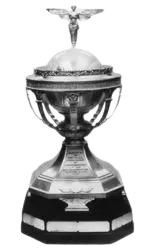
British Home Championship x3
- 1978 (England)
- 1982 (England)
- 1983 (England)
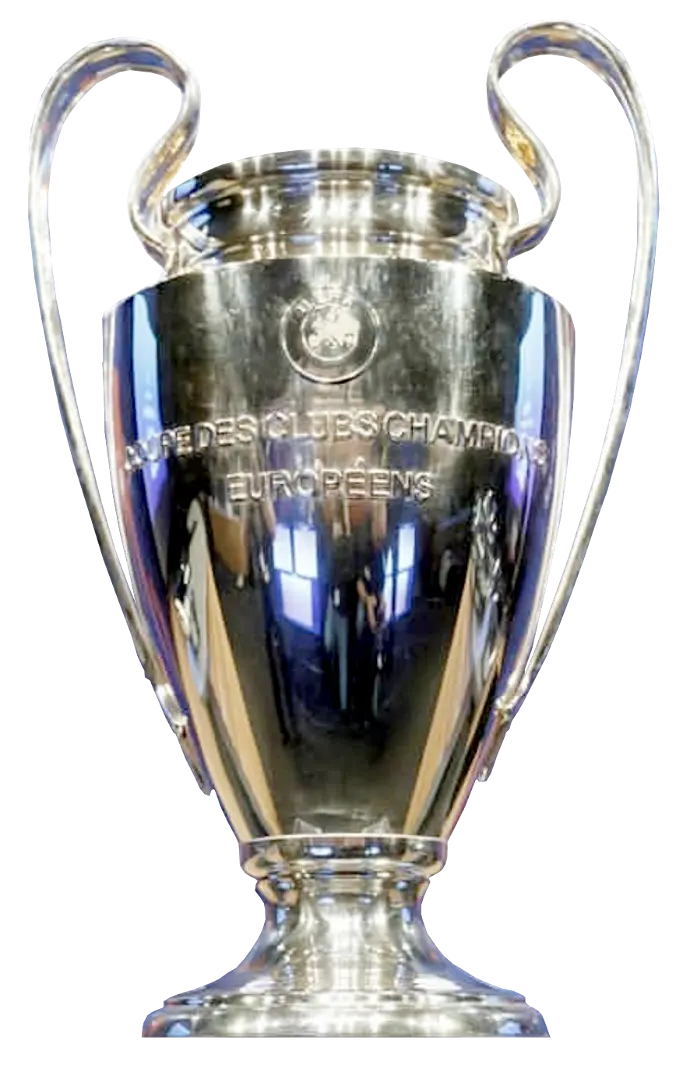
Champions League x2
- 1979 (Nottingham Forest)
- 1980 (Nottingham Forest)
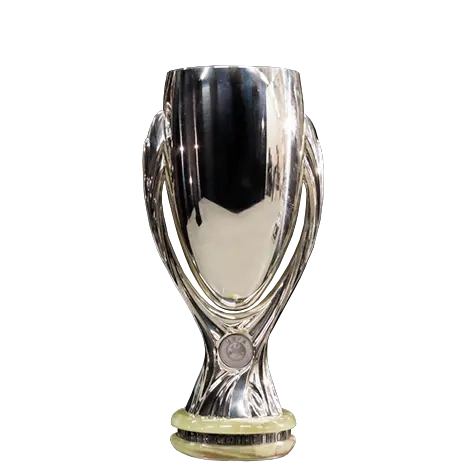
UEFA Supercup x1
- 1979 (Nottingham Forest)

Finalist UEFA Supercup x1
- 1980 (Nottingham Forest)
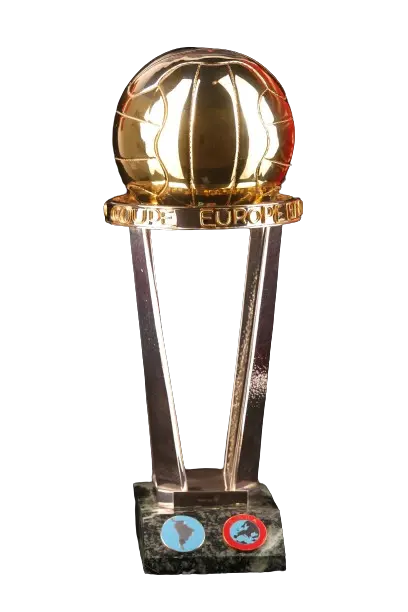
Finalist Intercontinental Cup x1
- 1980 (Nottingham Forest)
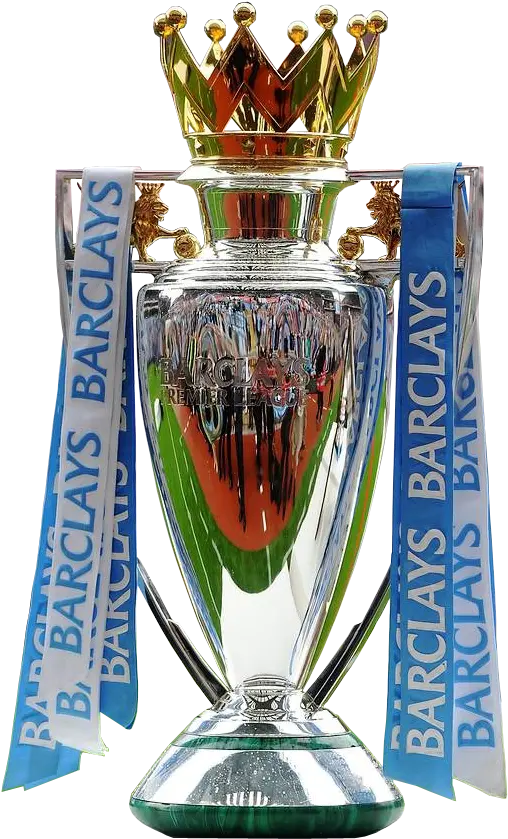
Vice-Champion Premier League x1
- 1979 (Nottingham Forest)
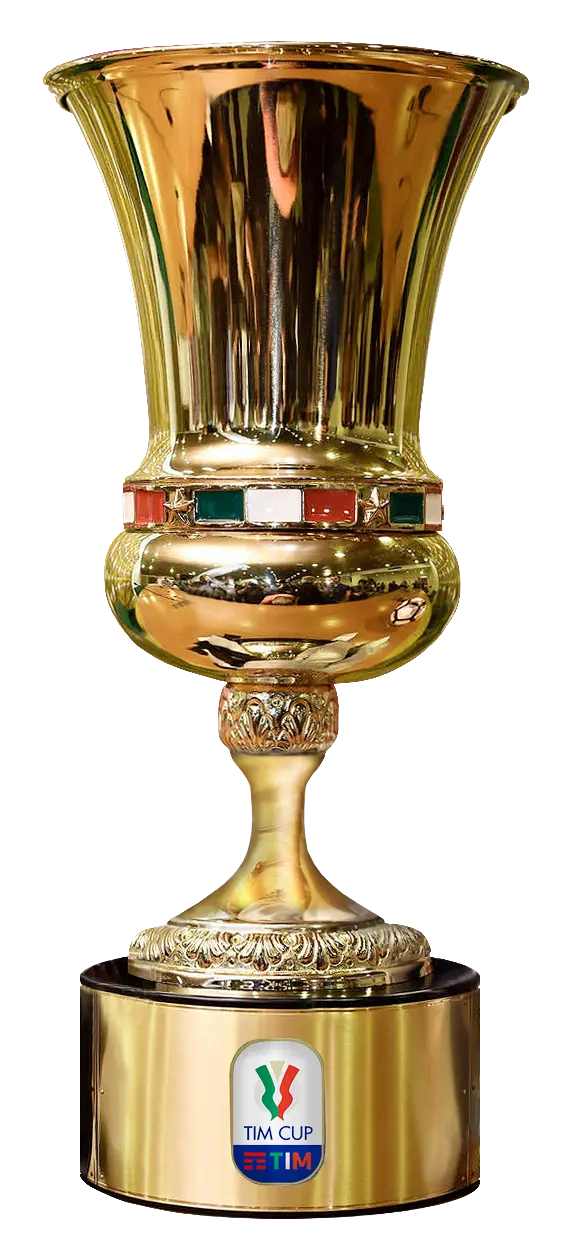
Italian Cup x1
- 1985 (Sampdoria Genoa)

Finalist Italian Cup x2
- 1986 (Sampdoria Genoa)
- 1987 (Atalanta Bergamo)
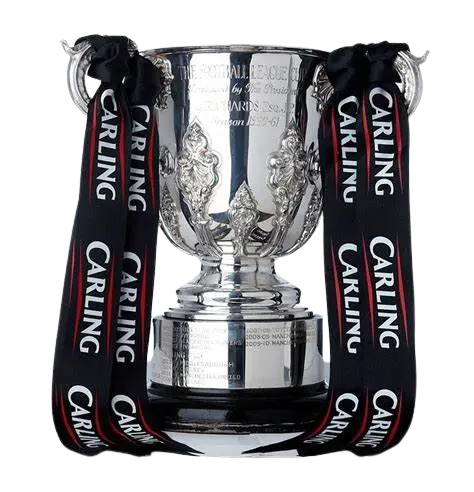
English League Cup x1
- 1991 (Sheffield Wednesday)

Finalist English League Cup x1
- 1980 (Nottingham Forest)
Scottish League Cup x1
- 1988 (Rangers)
Vice-Champion English Second League x1
- 1972 (Birmingham City)
Individual Trophies :
- Named in the PFA Premier League Team of the Year in 1977, 1978 and 1982
- Birmingham City Player of the Year in 1976 and 1978
- Inducted into the English Football Hall of Fame in 2014
- Inducted into the Birmingham City Hall of Fame in 2010